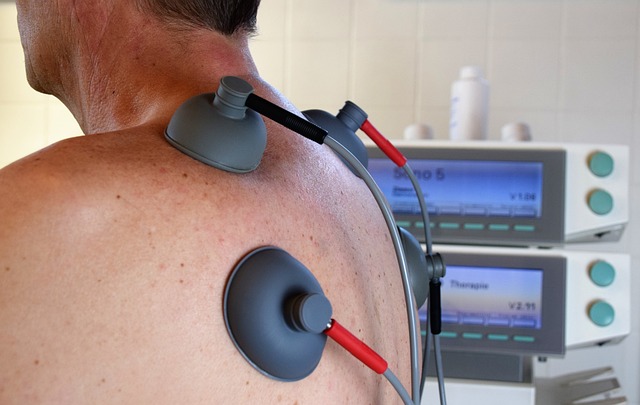When it comes to private equity investing, financial success hinges on an investor’s ability to weigh the potential for gains against the odds of failure in every prospective buyout. A well-placed and carefully-timed private equity transaction can produce a considerable return; however, choosing a business to pour trust and resources into is rarely easy. In the wrong market environment, even a promising or innovative business idea might fall flat and funnel away millions in lost investment funds. Savvy private equity investors know how to read the market and — more importantly — assess the myriad risk factors and opportunities at play and ultimately sort high-potential but struggling ventures from those that will inevitably flop.
Here, I point out a few of the most important considerations private equity funds can make when assessing investments.
Opportunities in the Market
Think of the investment market as a public park, its conditions as the weather, and your investment as an umbrella stand. On a rainy day, your umbrellas sales will skyrocket — but on a cloudless day, no consumer is going to care that your umbrella’s cover is waterproof and its case damage-resistant. They don’t need it, so why would they bother to buy it? Similarly, if the park is rarely visited, your stand will struggle to bring in sales even during a downpour.
Private equity investors need to know that their buyouts are well-positioned to offer needed services or products to a consumer base that does not currently have — but nevertheless wants — those services. They need to find a high-opportunity market.
Consider the recovery services sector as an example.
1) The consumer base for recovery services is both considerable and underserved.
According to the National Survey on Drug Use and Health, an estimated 21.7 million people aged 12 or older needed substance use treatment in 2015, but only 2.3 million (0.9%) received care at a specialty facility during that year. People affected by the ongoing opioid crisis have a pressing need for addiction recovery services, but the number of care facilities available is currently far too few to adequately meet the demand. There is a clear place for private equity intervention; by investing, PE funds can both improve access to care for those impacted by addiction and enter a high-opportunity market.
2) The conditions of the market are favorable to investment.
The recovery services sector is, from an investor’s perspective, unlikely to experience a downturn anytime soon. Over the last decade, legislation has increased consumer access, expanded coverage, and improved market conditions for addiction recovery services. The Mental Health Parity and Addiction Equity Act of 2008, for example, required insurers to cover mental health benefits as favorably as they do those for physical health. In 2010, the Affordable Care Act expanded that coverage further by requiring that all ACA insurance plans cover mental health treatment. Recent projections from the Substance Abuse and Mental Health Services Administration (SAMHSA) further suggest that mental health and substance abuse spending from public and private sources will top $280.5 million by 2020.
Below-Par Operations Offer Lucrative Opportunities for Improvement
When a private equity fund buys a controlling interest in a business, they typically don’t want to overhaul or pivot its direction. Instead, they want to iron out inefficiencies, re-order operations, and ensure that the business can continue to offer its product or services at both higher quality and better profit.
To continue the example above — addiction recovery is a sector that often struggles with inefficiency. Small “mom and pop” operators have a significant hold over the market — according to estimates from American Addiction Centers, roughly 44% of the 28,600 treatment facilities in the United States have fewer than 20 employees and over 45% operate a single center. The sheer fragmentation of the market has fostered a wide spectrum of quality in rehab services. These independent and sometimes inexperienced operators often operate inefficiently, lacking the capital needed to provide high-quality service offerings. In some cases, they may not even have medical professionals on staff.
Private equity investors who acquire recovery care centers can distinguish themselves in this fragmented market space by optimizing their operations, hiring top-caliber medical professionals, and providing top-notch care at an affordable price.
Making private equity decisions is rarely an easy or quick process. The task requires the investor to assess the state of the market, consumer interest, and the potential of the business at hand. However, given careful consideration and thorough research, private equity players can both meet pressing consumer needs and draw considerable returns on their investment.







